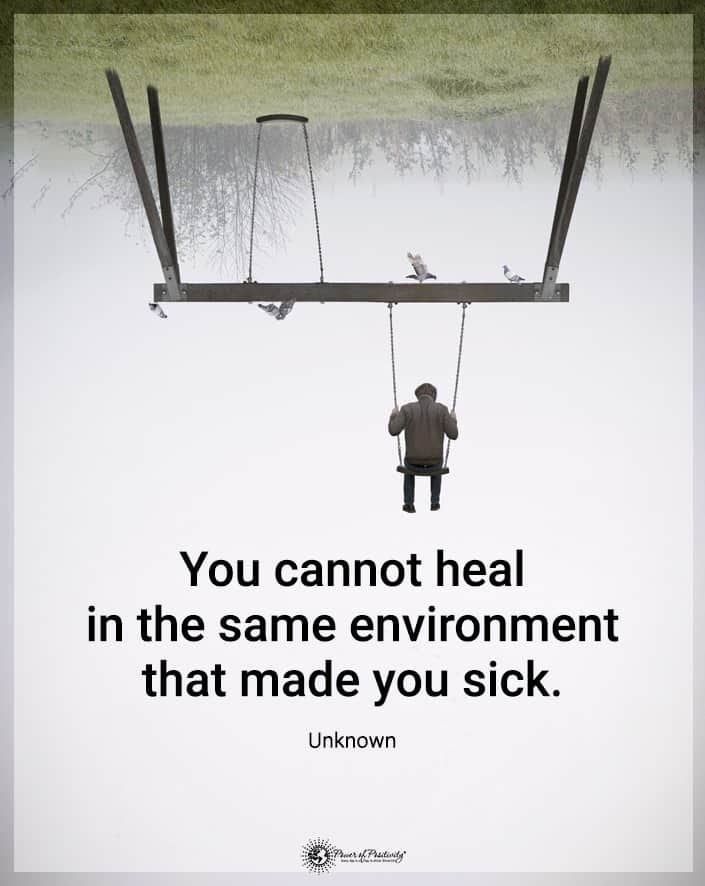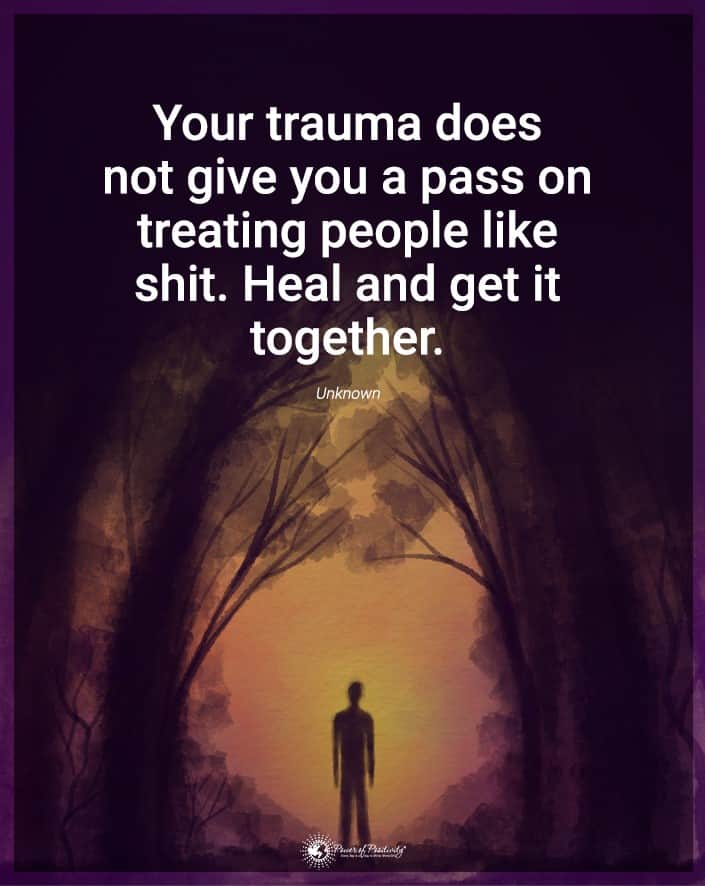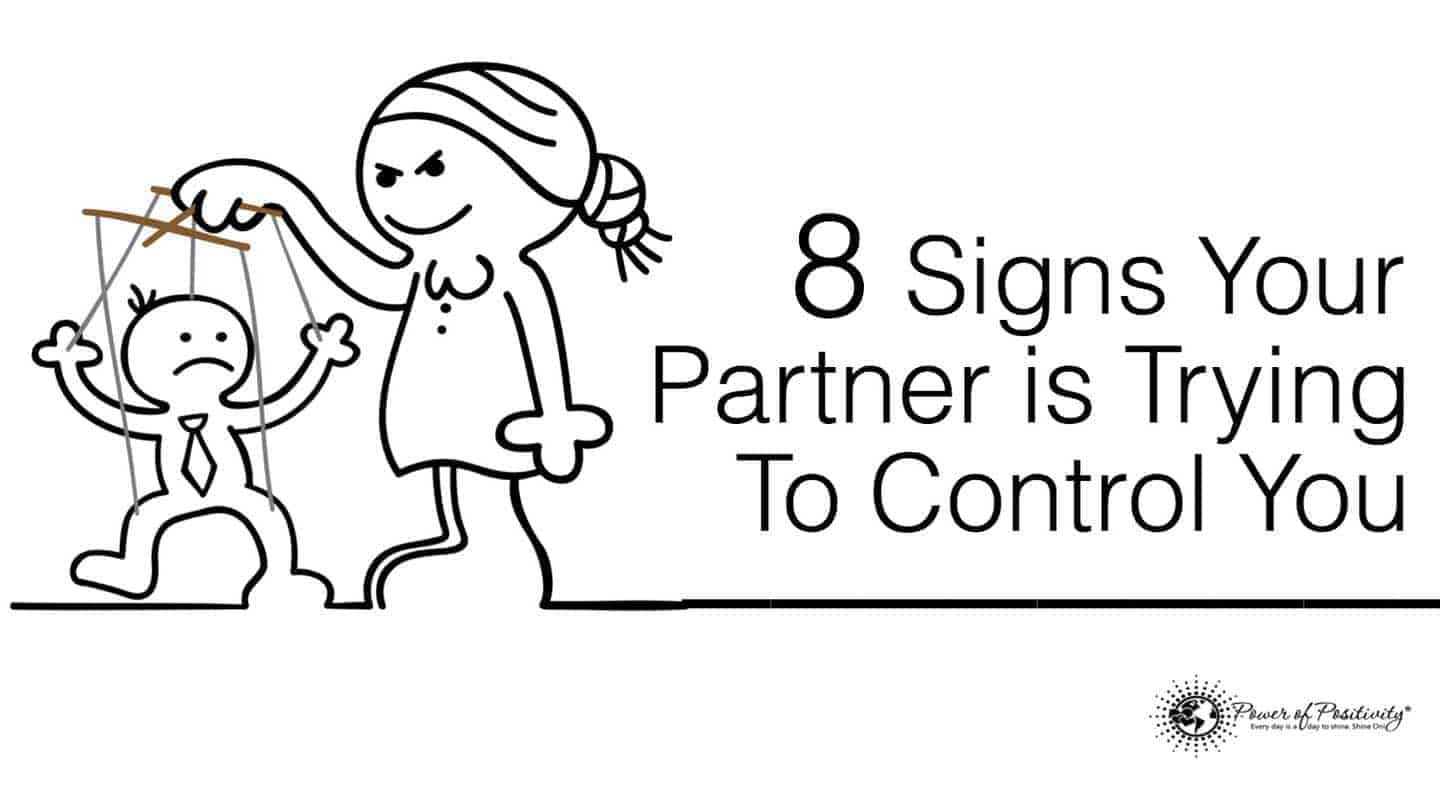When did this relationship go from being a loving romance to an emotionally draining combat zone? If you’re wondering how to escape from the toxic partner that you’re with, it could be a sign that your partner is trying to control and maybe even command your relationship. Here are some red flags to look out for.
8 Warning Signs Your Partner Is Trying to Control You
Do you spot any of these signs of a controlling loved one? If so, it might be time to examine the relationship more carefully.
1. They put conditions on their love.
Your partner should give love effortlessly without making rules about whether or not you deserve their affection. When someone uses language like “If you’d only act differently, I could love you,” they are putting a limit on their love.
In a healthy relationship, your partner would recognize that we are all working on becoming better people, and although you may have things that you want to change about yourself, they love you just the same.
 2. They restrict your interactions with others.
2. They restrict your interactions with others.
When your partner limits who, when, or where you can talk to other people, they are trying to control you in an unhealthy way. You should have the freedom to have an active social life without being made to feel guilty for talking to others, whether they be of the same or opposite sex.
Healthy partnerships allow each person the freedom to grow and develop within the boundaries of a supportive relationship. Restricting your social interaction is a sign of an insecure partner who wants to control you.
3. They manipulate your emotions.
Your partner is trying to control you if they try to make you feel guilty, anxious, jealous, afraid, or depressed. Although you control your emotions and how you respond to someone’s actions or words, a manipulative person will act in ways that attempt to elicit these negative emotions from you.
A manipulator can be very good at hiding their tactics. You can read more about how to recognize a manipulator here.
4. They have trust issues.
In a study of couples who experienced a significant conflict, those who felt less secure in their relationships perceived more conflict with their dating partners and reported a tendency for conflicts to escalate in severity. An insecure partner can quickly make an argument go from a minor one to an intense one.
If you haven’t given your partner any reason to not trust you, but they spy on you or check your phone and computer when you aren’t looking, they are attempting to control your level of privacy.
Your partner may make assumptions about who you spend time with and make accusations about your unfaithful behavior, even if they do not have any reason to suspect it. The only way this type of controlling person feels comfortable is when they know what you are doing at all times.
Don’t let someone control your actions. A healthy partnership has a foundation of trust and honesty. If you or your partner cannot trust each other, the relationship may be unable to survive.
5. They put you down.
There are healthy ways to disagree with your partner. Use of language that is belittling or insulting is uncalled for, even during an argument. The use of hurtful language to each other is a sign that your partner wants to control you by keeping you in a negative emotional state.
6. They are hostile toward you.
Signs of extreme anger, violent actions, threats of violence, threats of punishment, or violent sex are all very concerning signs in a relationship. For the sake of your safety, get to a safe location immediately. A person who uses physical violence to control another person is dangerous to themselves and others.
According to the National Violence Against Women Survey, the lifetime prevalence of physical assault by a partner was 22.1% for women and 7.4% for men. You can call the National Domestic Violence Hotline at 800-799-SAFE (7233) and speak confidentially to someone 24 hours a day, seven days a week.
7. You feel emotionally drained.
When you notice that feelings of sadness, depression, or thoughts of being trapped in this controlling relationship have been happening to you, it’s time to seek help or exit the relationship.
A healthy partnership should make you feel safe, secure, happy, and emotionally fulfilled most of the time. All couples will experience conflict and times of sadness, but those should be less frequent.
 8. You have low self-esteem.
8. You have low self-esteem.
Suppose you take your partner’s actions or words personally and have begun to feel like you are less critical as a person than you were before the relationship started. In that case, that is a sign that you’re in a controlling relationship.
When you notice that you have changed, but it’s not for the better, your mental well-being is at stake. If this is the wrong relationship for you, make a change now for your health and happiness.

















